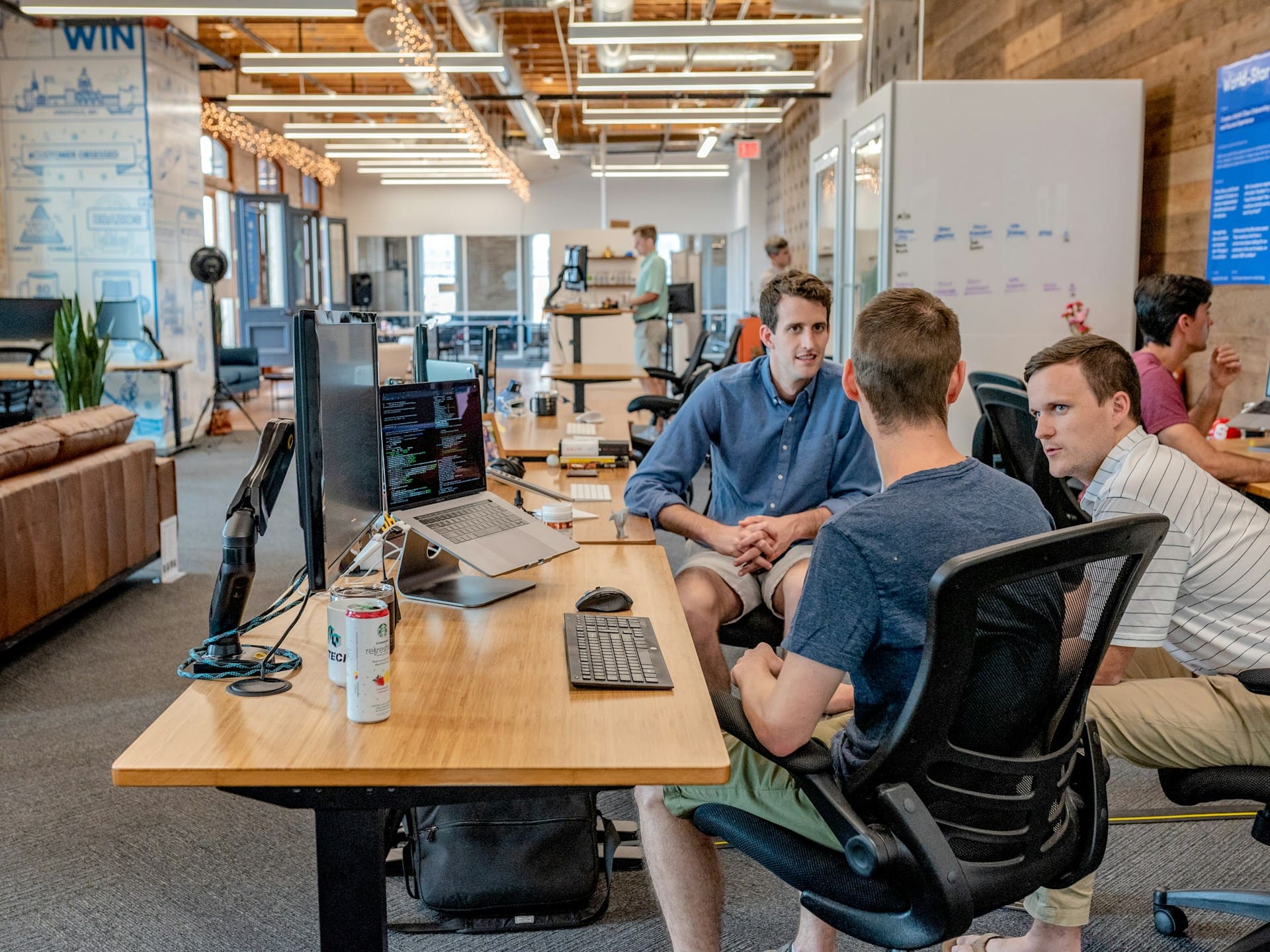How Does Unconscious Bias Training Help Improve Work Culture
We know that organisations, groups, and individuals are all unique and different. In order for them to function effectively, issues of their interrelatedness need to be addressed. We need to understand how they can connect meaningfully to create conditions where all have the maximum opportunity to thrive.
In order to achieve this, all these entities need to have a strong sense of what has shaped them. Where they have come from, where they are now and what they still have the potential to become with positive proactive choices and changed behavior.
Unconscious bias training enables individuals and groups to delve deeply into these issues creating awareness, understanding, and mindfulness to allow for redefining options. The focus needs to shift to actively chosen interactions and a new path forward.
Insight is everything
Unconscious bias awareness training improves work culture because it gives insights into the dynamics of our internal world and how these manifests in our lives. This knowledge about why we have “preconceived” ideas or opinions about others, or feel safer with those who look, think, or act more like us is extremely important. It provides freedom to interpret our world, others, and the work context differently from before. Our perceptions shift and we no longer see enemies where there are none, only our own sometimes misguided interpretations.
After unconscious bias training, we see the missed opportunity in our automatic preferences and why we might struggle so much to achieve psychological safety in a diverse workplace. To feel like we belong in a workplace we need to be not only comfortable with ourselves but comfortable with what might make us uncomfortable at first. By learning to really observe, listen and absorb before judging or making snap decisions we will grow in confidence that we will not lose control by embracing diversity. Ultimately diversity training unconscious bias will teach us to become empowered to limit or even stop unconscious bias in the areas it has the greatest ability to do harm.
Making connections that bind
Unconscious bias training ties in well with what Wallace, 2003: Unknown, stated about workplace culture. “Culture refers to a pattern of ideas, a cognitive system, consisting of a relatively small set of abstract propositions, of both descriptive and normative kinds, about the nature of the human self and society, and about how people should feel and behave. This ‘culture’ is shared and shared uniquely; by the competent adult members of the community and it forms a template for all behaviour.”
When people within an organisation undergo unconscious bias training this establishes a common approach to culture. Their ideas and approach to themselves and society are irrevocably altered, with higher levels of cohesive thinking. Patience, respect, responsible decision-making, and interaction become of paramount importance in relationships. Increasingly the culture will shift to enhanced accountability across all aspects of work and interconnectedness.
Unconscious bias training is essential in creating a unifying culture as if putting intangibles under the spotlight, as much as the tangibles in workplace engagements. Strangely, the more we truly understand the important role unconscious bias plays in lives and in work situations, the more homogenous our collective views become. We begin to let down our guard and allow others in and create the space to experience others in a different way.
After unconscious bias training, most workplaces will feel refreshed as the culture of inclusivity receives greater momentum. All become motivated to look deeper always, before managing their interactions towards optimal progress and outcomes.






